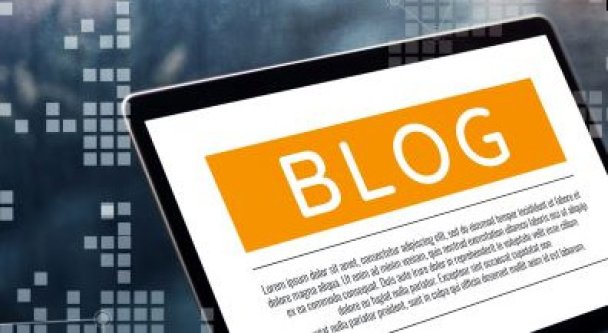By John Bozzella
There’s a 100-year transformation taking place right now in the automotive industry.
Around the world, drivers, governments, and businesses are discovering — and embracing — electric vehicle (EV) technology and setting a path toward a cleaner, safer, and smarter transportation future.
In the United States, the transformation has been gathering steam.
The auto industry and the White House have committed to an ambitious goal: 40-50% EV sales for all new vehicles in the nation by 2030 (assuming the right policies are in place — more on that below).
Automakers are investing heavily in EV manufacturing and battery production here at home; $110 billion plus by the end of the decade in multiple states, particularly across the Midwest and Southeast.
Drivers are responding and buying more EVs every month.
According to recent data, in 2022, the number of EVs sold increased 62 percent from 2021, accounting for 7.03% of total new vehicle sales across the country. This includes battery electric, plug-in electric, and fuel cell models.
There are more than 90 electric models, including sedans, SUVs, pickup trucks and vans, now available for sale in the United States – a figure expected to reach 150 models in the next few years. Also important: these are vehicles of all types, from most manufacturers and available at many different price points.
The power of government
No question, government has a role to play when it comes to accelerating the transition by enacting supportive public policies.
In just the last two years, Washington has passed major pieces of legislation to grow American supply chains, build transportation infrastructure, and support a 21st-century industrial strategy needed for a change of this scale.
The bipartisan Infrastructure Investment and Jobs Act, for example, included $7.5 billion to fund a public EV charging network.
The Inflation Reduction Act made once-in-a-generation transportation investments to incentivize next-generation American manufacturing and help drivers purchase a new or used EV.
Finally, the bipartisan CHIPS and Science Act committed funds to help bolster domestic semiconductor manufacturing — technology essential for today’s increasingly connected and digital EVs. This will reduce reliance on foreign suppliers and ensure the nation better controls its own supply chain destiny.
Speed bumps
That’s the good and encouraging news, because there are also some warning signs and challenges to the massive electrification job ahead.
Here are two: charging infrastructure and China.
Even with the major down payment in the infrastructure legislation, we’re just not adding public charging in this country nearly fast enough to keep up with EV sales projections.
Look at the data: There are currently about 100,000 non-proprietary public charging outlets across the country. Even with more than 930,000 new EVs added to the roads in 2022, there were only 24,622 new chargers.
We did the math: That means there are 38 new EVs for every new public port. That’s not enough. Reliable and ubiquitous public charging is essential. Not just to overcoming range anxiety (the fear of running out of charge), but to convincing many more drivers — those who might be on the fence about an EV — that going electric is right for them.
Meanwhile, on the economic and national security front, China is outpacing the United States on key EV sales and infrastructure measures. In October 2022, China sold nearly 722,000 plug-in electric vehicles. One month. Compare that to the 934,958 EVs sold in here — during the entire year.
There’s also a major security issue that should concern policymakers. China today dominates the global mining and processing of critical minerals and raw materials needed to produce EV batteries.
That’s changing as automakers and battery manufacturers are localizing their manufacturing and supply chains in the United States and across North America. It’s a process that has been underway for a number of years and a recognition that without a reliable source of minerals and raw materials, our country would be reliant on China and other competitors to support our industrial base.
Who would argue that’s an economic or a national security risk we should be willing to take?
Collaboration is key
Policymakers and auto industry leaders have come together because they recognize what’s at stake if we cede this ground and delay our transition to electrification. Smart public investment will help unlock even more private sector innovation.
For a change of this magnitude, we need a bold and strategic policy framework. A plan to expand consumer awareness of EVs, establish a broadly accessible and equitable charging network that reaches Americans in every corner of the country, and invest in a strong and resilient domestic supply chain of raw materials and minerals.
This is the playbook for America to achieve an electric — and more secure and sustainable — future.
John Bozzella is president and CEO of Alliance for Automotive Innovation.
*Originally appeared in Media Planet's Future of Business and Tech: April 3, 2023

